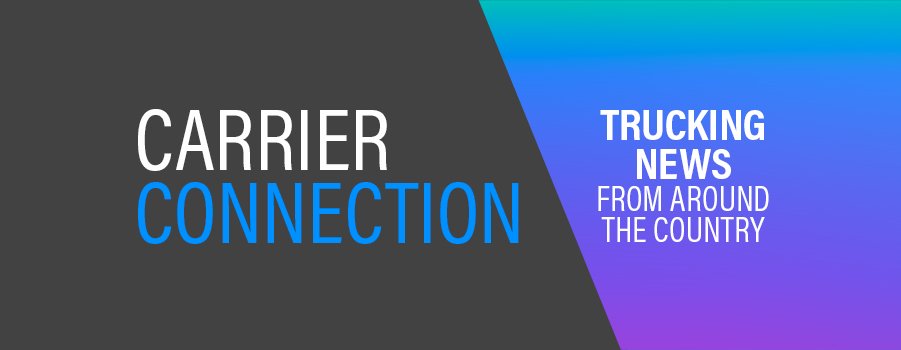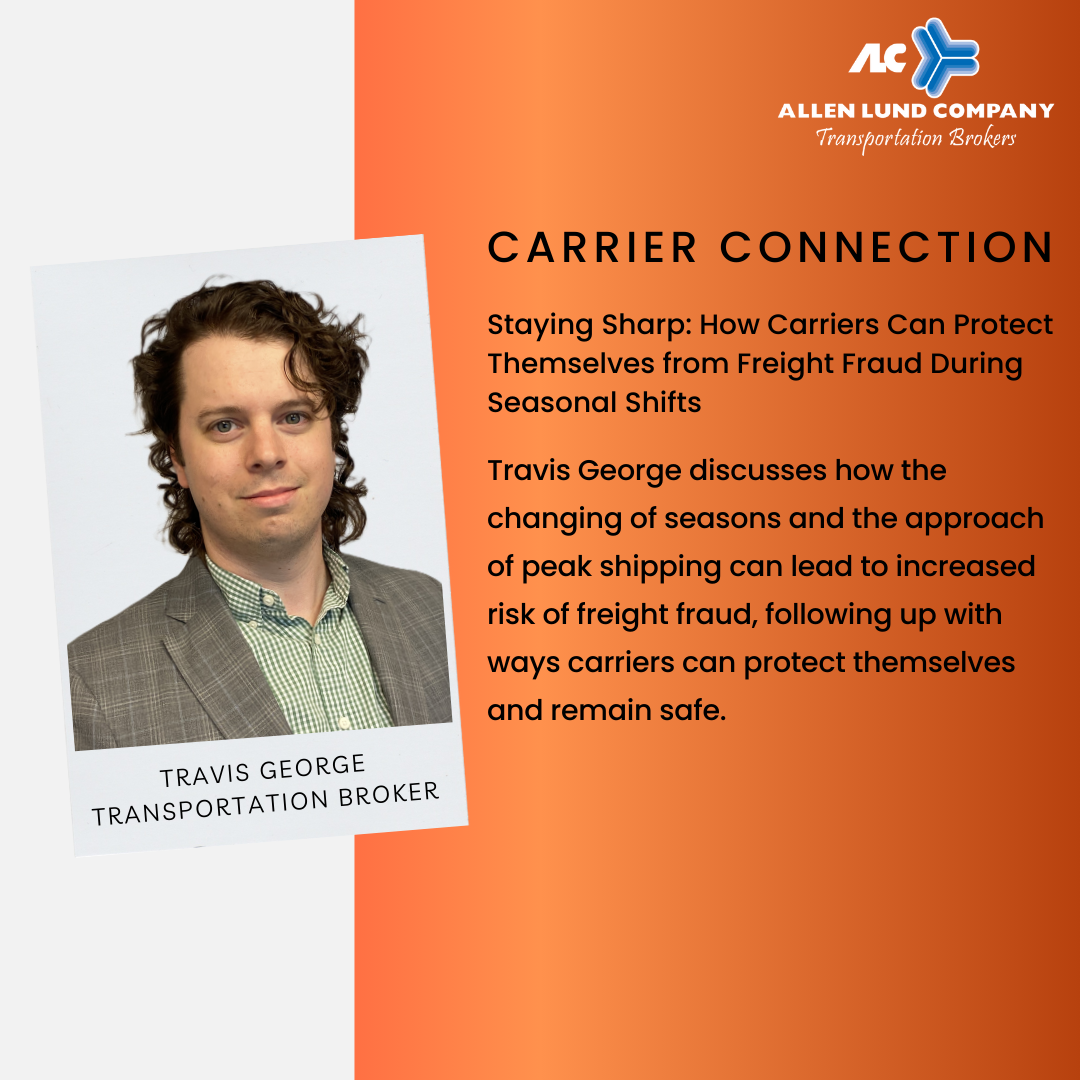
With cherry season winding down in the Pacific Northwest and the busy winter peak just around the corner, carriers are entering a period of high activity—and high risk. Freight volume is volatile, and scammers are watching closely. As carriers hustle to secure loads and keep equipment moving, fraudulent brokers are ready to exploit the rush. According to industry estimates, freight fraud costs the trucking industry over $500 million annually, hitting carriers hardest through stolen loads, identity theft, and non-payment. With slim margins already challenging many small fleets and owner-operators, even a single fraudulent transaction can have a serious financial impact.
The post-harvest slowdown often creates an urgency to keep trucks full, but scammers prey on exactly that urgency. A carrier might be offered a high-paying last-minute load from an unfamiliar broker, only to find the rate confirmation was fake, or worse—the freight never existed at all. To avoid these traps, carriers should follow a few golden rules: always verify a broker’s authority through FMCSA’s registration database, confirm that the MC and DOT numbers match official records, and never trust unfamiliar contacts without speaking to a verified company representative.
Technology has improved logistics in many ways, but it has also made freight fraud more sophisticated. Fake email domains, hijacked threads, and cloned rate confirmations are common tactics. Carriers should carefully inspect email addresses—many scams use domains that differ from the real company by only a letter or two (e.g., “@abclogistics.co” instead of “@abclogistics.com”). If anything looks suspicious, call the broker directly using the phone number listed on their official FMCSA profile, not one included in the email. Cross-check pick-up and delivery details, and never accept a load solely based on text messages or email communications. Verbal confirmation from a trusted dispatcher or rep can be the difference between a paid load and a costly scam.
For carriers, staying profitable isn’t just about running hard—it’s about running smart. As we head into peak shipping season, the most successful carriers will be those who take a few extra minutes to double-check credentials, build relationships with reputable brokers and shippers, and refuse to let urgency override caution. Whether you’re moving apples out of Wenatchee, seafood from the coast, or retail goods into urban hubs, maintaining strong communication and doing your due diligence on every load is the key to staying safe and solvent.
Read the original article here


